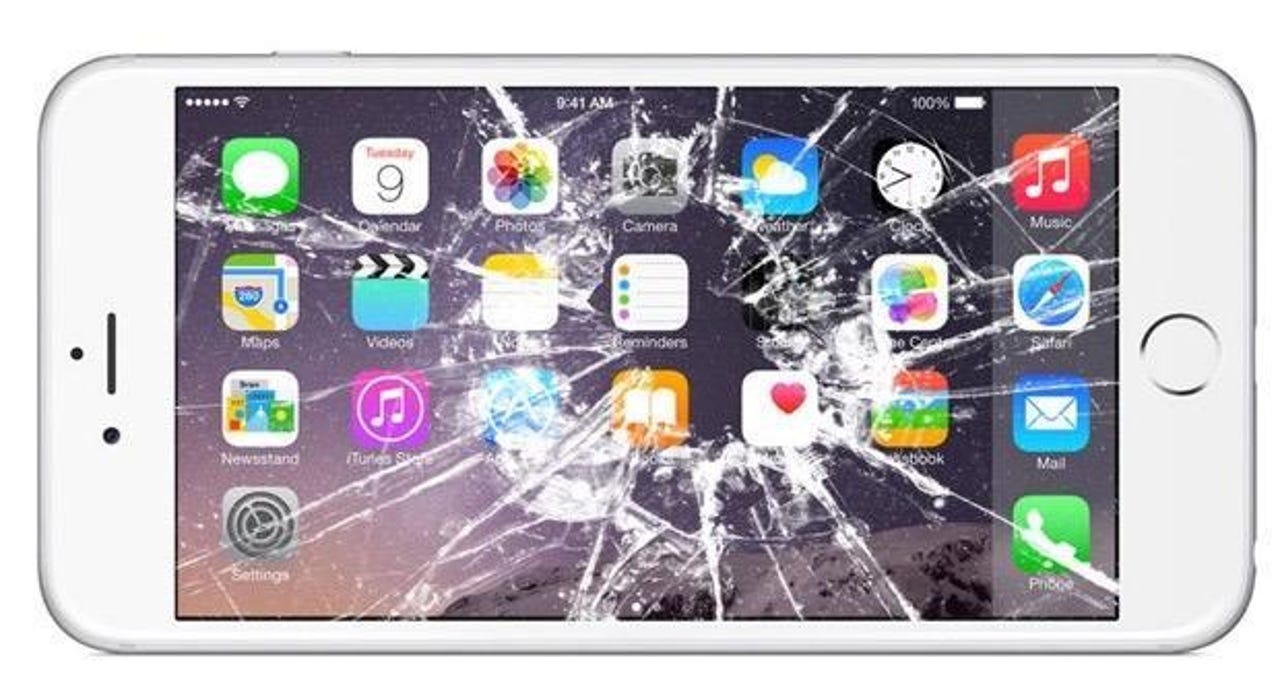iOS 9.1: Better, but still broken


Being a multi-billion dollar corporation, selling millions of iPhone and iPads every month, and having an iron-grip over both the hardware and software ecosystem doesn't mean that you can fix all the bugs in an operating system.
Featured
While there's no doubt that iOS 9.1 is a huge improvement over iOS 9.0, bringing much-needed stability and performance improvements, the new release contains a bug that been plaguing iPhone and iPad users alike.
The bug relates to the Touch ID sensor, and for those affected it basically turned what was quick and easy to use under iOS 9.0 into a frustrating hassle under iOS 9.1. For some, it works sometimes and not other times, while other frustrated owners have not been able to get it to work since upgrading to iOS 9.1.
The problem seems to affect new and old iPhones and iPads.
What can you do if this bug affects you? Based on the research I've carried out, while there are no end of suggestions, there's no definitive fix. And since downgrading to iOS 9.0 is not an option any more, the only thing to do is to wait for Apple to release a fix.
Another iOS 9.1 bug seems to affect alarms, with users complaining that their iPhones or iPads have failed to wake them up in the morning or remind them of appointments. Again, this bug is sporadic and does not appear to affect all users running iOS 9.1.
See also: